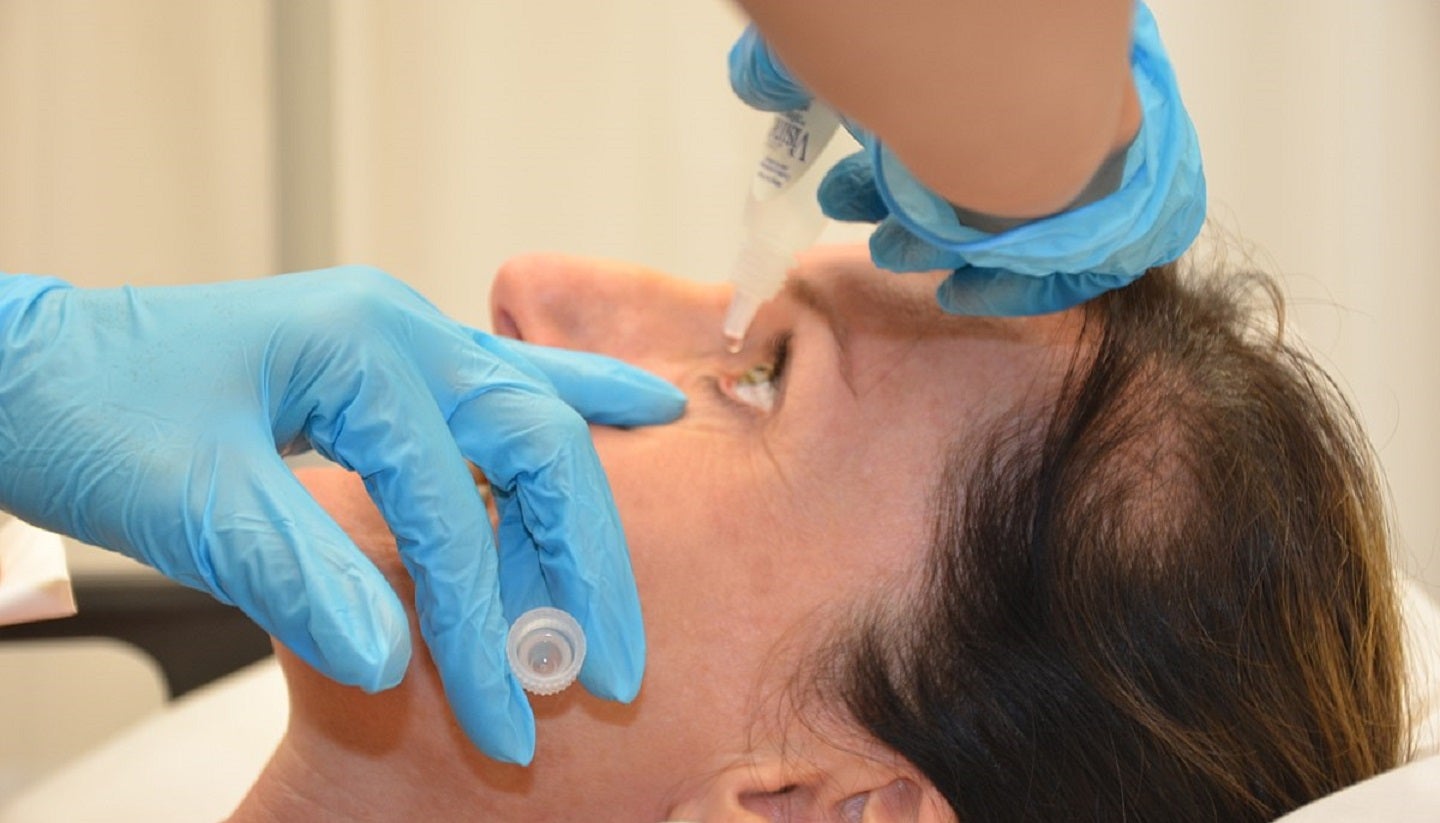
The safety review committee (SRC) has reviewed the data from the fourth cohort of Skye Bioscience’s Phase I clinical trial of SBI-100 Ophthalmic Emulsion (OE) and has given approval to proceed with the fifth cohort.
Patients of the first, second, and third cohorts who received SBI-100 in the Phase I trial reported no adverse events.

Discover B2B Marketing That Performs
Combine business intelligence and editorial excellence to reach engaged professionals across 36 leading media platforms.
Mild to moderate drug-related adverse events, which are typically associated with topical eye treatments, were reported across all cohorts.
A total of 24 subjects were enrolled in the three cohorts. Out of the total, 18 subjects received a single dose of 0.5%, 1%, and 2% SBI-100 OE in their respective single ascending dose (SAD) arm studies, and the remaining received a placebo.
In the first cohort’s multiple ascending dose (MAD) arm study, six healthy subjects were treated with a single dose of 0.5% SBI-100 OE in the morning and evening for five days while the remaining received a placebo.
For a total of seven days, including the five days of dosing, subjects were monitored at the clinical research unit in Adelaide, Australia.

US Tariffs are shifting - will you react or anticipate?
Don’t let policy changes catch you off guard. Stay proactive with real-time data and expert analysis.
By GlobalDataFifth and sixth cohort subjects are expected to receive 1% and 2% SBI-100 OE this month and later next month, respectively.
SBI-100 OE is formulated as an eye drop using a propriety nanoemulsion. It targets the CB1 receptor, which plays an important role in managing intraocular pressure associated with glaucoma, a leading cause of irreversible blindness.
Results were found to be favourable in preclinical studies of SBI-100 OE as a single agent and along with standard of care (SOC) glaucoma drugs, compared to SOC alone and other combinations.





